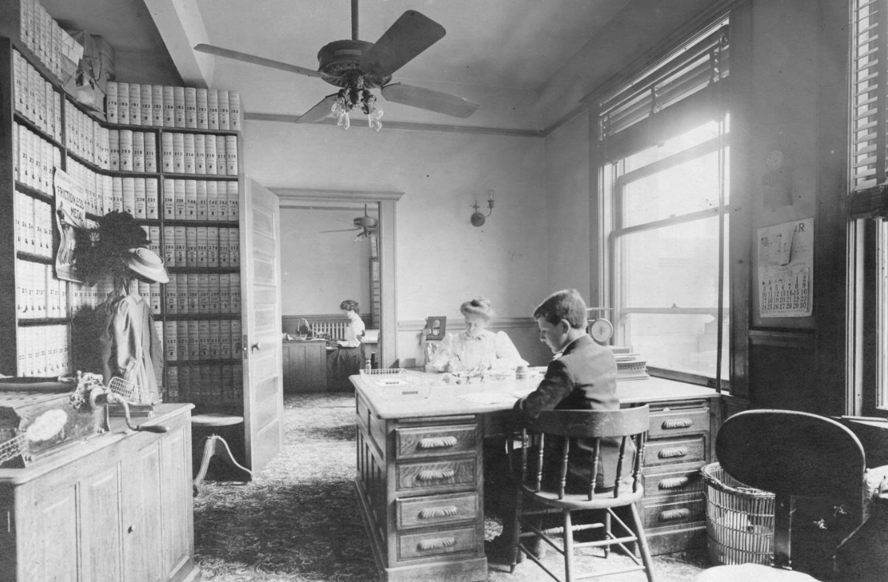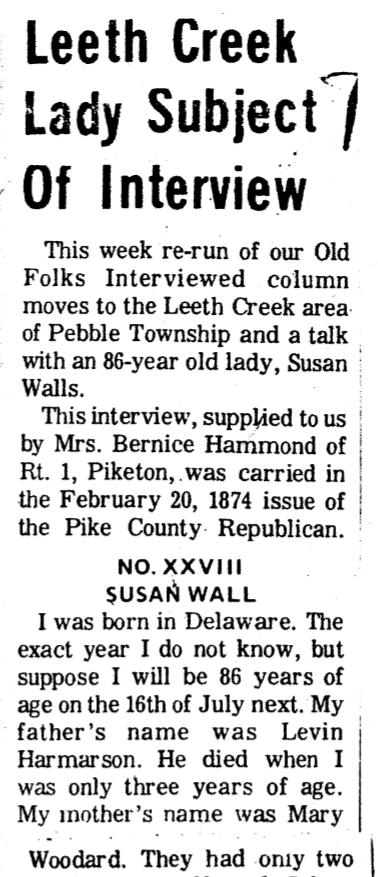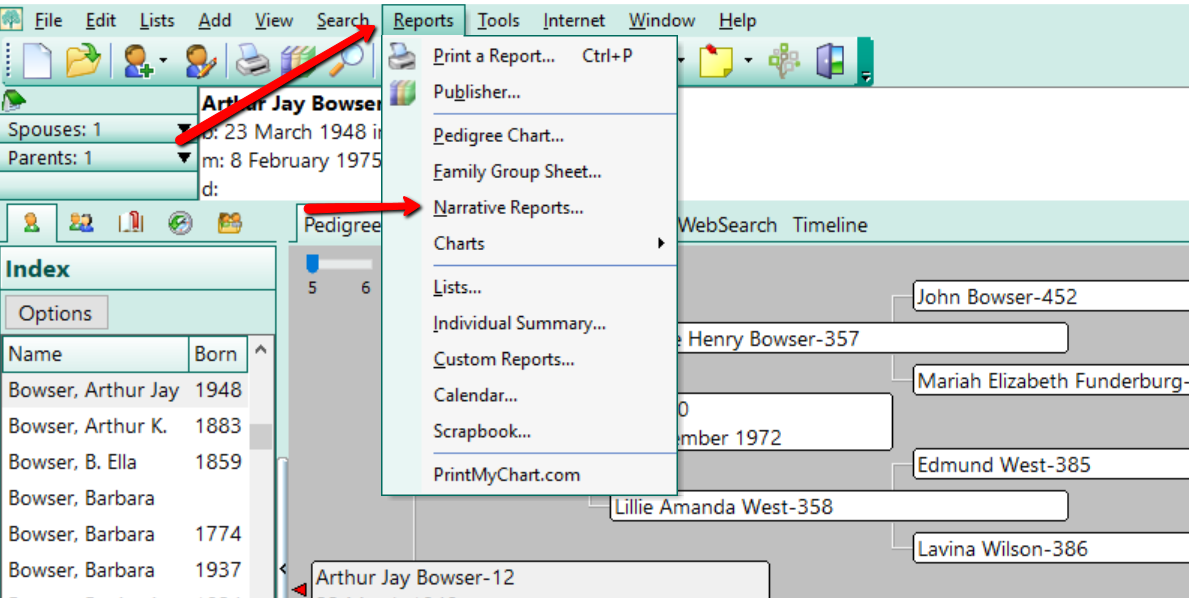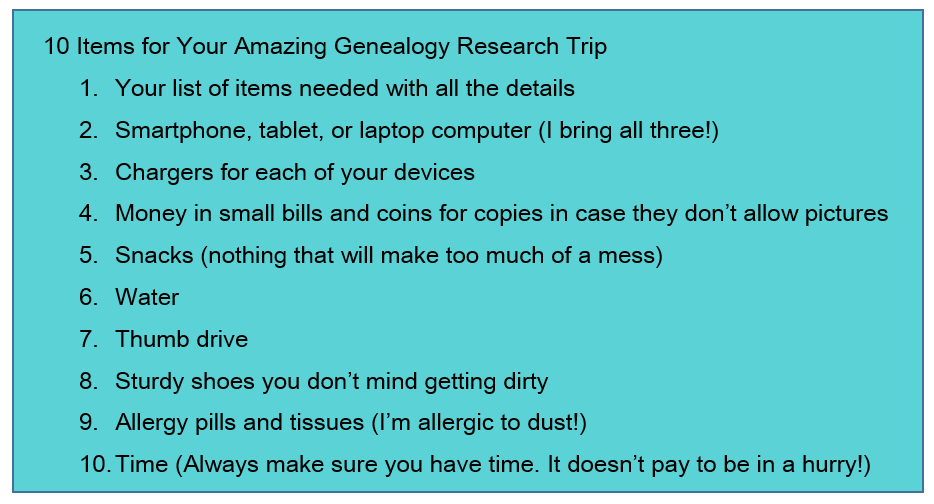Genealogy Gems Podcast Episode 247
Filling in the Blanks of a Genealogy Research Plan
You will find the complete show notes for the topic discussed in this episode at the show notes page here.
Sometimes we just a need a little help with a brick wall. That was certainly the case with the Irish line of my family tree. In episode 18 of my YouTube video series Elevenses with Lisa I enlisted the help of professional genealogist Kate Eakman of Legacy Tree Genealogists. In that 45 minute consultation she broke things wide open on my Irish family lines and gave me the information and resources I needed to make substantial progress. It’s the best investment I’ve made in my genealogy in a long time. They have experts in all areas. Learn more about how easy it is to book a consultation here.
Watch the video of Elevenses with Lisa Episode 18. During the consultation we spent significant time digging into Irish genealogy websites. However, I think you’ll find Kate’s approach to brick walls helpful and informative even if you don’t have Irish ancestors. (The consultation doesn’t lend itself to an audio podcast because we spent a lot of time digging into websites. )
After my consultation I updated my research plan and got to work collecting more genealogical evidence. In this episode. In this episode you’ll hear the audio from Elevenses with Lisa Episode 19 called Filling in the Genealogy Blanks. Watch the video and get the full show notes here on my website.
I’ll take you through how I went about filling in the blanks in my genealogy research plan. I hope it inspires you to take on your own brick walls, and provides you with a pathway to success. We’ll explore a variety of genealogical records and I’ll share some of my favorite tips along the way.
Click below to listen:
Genealogy Gems Premium Members can download the handy PDF show notes for each of these Elevenses with Lisa episodes. Simply log into your membership, and then in the menu under “Elevenses” click “Elevenses with Lisa Video and Show Notes.” Click the episode and scroll down to the Resources section of the show notes.
Become a Genealogy Gems Premium Member
Premium Members have exclusive access to:
- Video classes and downloadable handouts
- The Genealogy Gems Premium Podcast
- Elevenses with Lisa downloadable show notes PDF
Become a member here.
Getting Your Family History Digitized
I use Larsen Digital and have been extremely pleased with the service and results. The folks at Larsen Digital have put together special and exclusive discounts for Genealogy Gems listeners and readers. Click here to learn more and receive exclusive discounts and coupon codes.
Genealogy Gems Podcast App
Don’t miss the Bonus audio for this episode. In the app, tap the gift box icon just under the media player. Get the app here.
Stay Up to Date with the Genealogy Gems Newsletter
The Genealogy Gems email newsletter is the best way to stay informed about what’s available with your Premium eLearning Membership. Sign up today here.
Get Unlimited Photo Enhancement and Colorization at MyHeritage
Get genealogy records and unlimited Enhanced and Colorized photos as a MyHeritage PremiumPlus or Complete Plan Subscriber. Click here to start a free trial.
Follow Lisa and Genealogy Gems on Social Media:
- Instagram.com/genealogygemspodcast
- Facebook.com/genealogygems
- Pinterest.com/lisalouisecooke
- YouTube.com/GenealogyGems
Podcast Resources
Download the episode mp3
Show Notes: The audio in this episode comes from Elevenses with Lisa Episode 19. Visit the show notes page here.
Genealogy Research Trip Produced Amazing Family History Find
We love the ease with which we can search online, but a genealogy research trip can offer exceptional and unique rewards. If you have been apprehensive about visiting a courthouse or archive, follow our 4 step plan for a successful genealogy research trip that could lead to your own amazing discovery!

By J. D. Cress [Public domain], via Wikimedia Commons
In my genealogy world, if an answer can’t be found on one of my favorite genealogy website repositories (like FamilySearch, Ancestry, or Findmypast) then a quick Google search usually does the trick.
However, we new genealogists of the Internet era may be banking on the fact that “everything” we need is online. This is obviously not true. In fact, many local libraries and archives are under-staffed and under-funded making digitizing of their holdings difficult. This is why making a genealogy research trip is a really good idea.
The Unprepared Genealogy Research Trip
Several years ago, I made my first research trip. I was woefully unprepared. On a whim, I drove three hours on a weekday to “go to the courthouse.” I arrived at lunch time…and it was closed for an hour. Sigh. However, a nice receptionist sugg ested I go to the local public library just down the street.
ested I go to the local public library just down the street.
When I arrived at the tiny corner building, I asked at the circulation desk for the history department. She seemed a little taken back, but said, “We have a little room in the basement with some local history and genealogy things.” Note to self: not all libraries are large enough for a “history department.”
In the basement room, no one was on duty, but a nicely printed instruction sheet of what was available and how to use their files laid on the table. “I guess I just dig in,” I thought, and off I went.
Though this was my first genealogy research trip, it proved to be very fruitful. In a scrapbook simply titled “Walls Family,” I found a Xerox
copy of an article from an 1874 newspaper. In this article, my fourth great-grandmother (Susannah Harmarson Walls) had been interviewed because she was the oldest living woman in the township. Her interview began, “I was born in Delaware. The exact year, I do not know, but I suppose I will be 86 years of age on the 16th of July next. My father’s name was Levin Harmarson. He died when I was only three years of age. My mother’s name was Mary Woodard.”
The interview included the story of her mother re-marrying, the family leaving Delaware for Wheeling, Virginia, and she marrying her step-brother there. Then, they traveled on into Scioto County, Ohio. She named each of her eleven children and their spouses.
The information in this one interview was particularly helpful. Before this, we had no idea when or where Susannah and Levi married, and finding the spouses of their children had proved difficult!
Though this was an amazing find, I wonder what other records, items, or photographs I might have dug up had I prepared ahead of time. Perhaps, I would have had time to dig more into their microfilm holdings, archived pictures, atlases, or even had time to go to the local cemetery.
The Prepared Genealogy Research Trip
Fast forward several years and I am making much more prepared genealogy research trips. Get the most from your next genealogy research trip by following these 4 important steps:
1. Run a Narrative Report. Start creating your genealogy research trip plan by printing out a narrative report of your targeted family line. This can be done with the reports feature found in genealogy database programs like RootsMagic.

2. Look for holes in your research. Carefully read through the report looking for holes in your research or where you may be missing a source. In this case, a “hole in your research,” may be the missing marriage date of a couple, or the missing birth date of a child. Circle these “holes” and make a list of what the needed piece of information is to correct it and where you can find it.
Example: Clark County, Ohio. Need a death date for Edmund West. County didn’t keep death records that early. Likely died between 1830-1840. Check probate record books, estate files, tax records, cemetery records, and tombstones at Wilson Cemetery.
Maybe you have a birth date, but no source. A source is the proof of a particular fact. For example, a good source for a birth date is a birth register or even a marriage record. If you are lacking sources for your genealogy facts or are not sure how to begin sourcing your genealogy, learn more about that here.
3. Decide what repositories you will need to visit. After creating your list, determine where these items are held by asking yourself important questions, such as: Will I need to visit the courthouse, a library, an archive, cemetery, or all the above? Which location will produce the most results? Should I visit the archives first, or the courthouse?
4. Contact each repository ahead of time. Finding out the days and times when each of these places is open before you go is a must! Try to pick a day when all, or most, of the places are open so that you can get a lot done. If this isn’t possible, consider making an extended stay overnight to accomplish your goals.
Keep in mind that not all websites are up-to-date. Just because the library says it is open from 10 to 5 every day but Sunday on the webpage doesn’t necessarily mean that is still the case. Always call each establishment to verify days and hours of operation.

Remember, there are newspapers, maps, documents, and pictures just waiting to be uncovered. By thinking about what you want to achieve while on your trip and what information you need to find and where, your genealogy research trip can be a successful one. Happy hunting!
More on Genealogy Research Trips
Still feeling unmotivated to get on the road, read or listen to these features for inspiring tips to make a courthouse records research trip in your near future!
Courthouse Records Research Trip
Premium Podcast Episode 126 – Road Trips for Genealogy
Premium Video – Using Evernote to Create a Genealogy Research Plan


